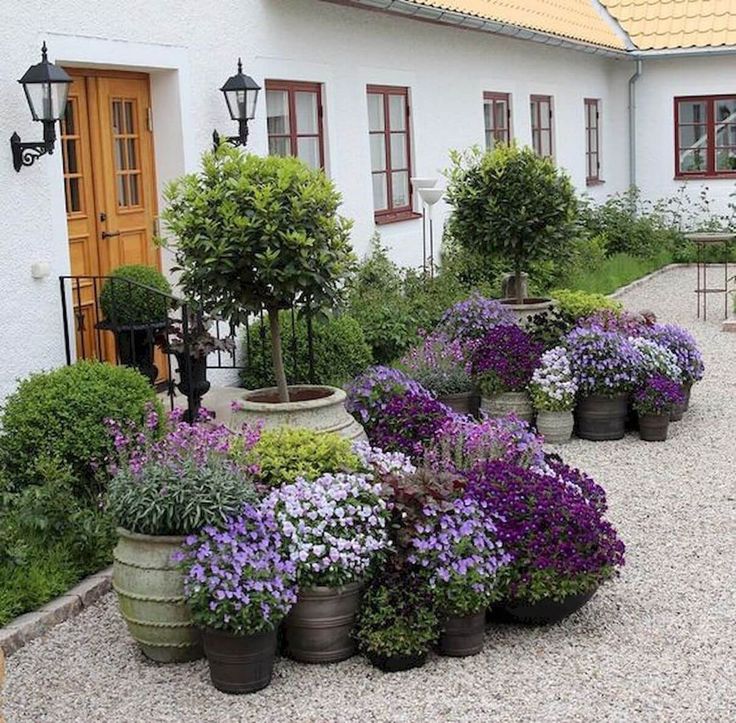
For full sun gardens, plants must be able to withstand harsh light and cold temperatures. You may find that your plants need more sun in the south than those who live higher up. Here are some plants that can thrive in full sunlight. These plants will make a great addition to any garden. Keep in mind, however, that full-sun areas will require higher elevations than shady ones.
Consider how much shade you garden will need before you plant. To reduce heat and water, you can also build a shade zone. For the best results, plant perennials in full sun. They require a well-drained soil and good drainage. You can test the soil to determine which perennials are best for your garden. You can add some sun to your garden if it is in the middle of your yard.

Whatever your gardening goals, the best spot to plant a garden in is one that receives plenty of sun. Plants that require more nutrients or water will not need to be replanted every year because they have been overwatered. You can choose annuals that are flowering in the summer, if you have a garden that will be outside in winter. You can grow plants that bloom at different times if your garden is located in a sunny place.
The key to a sunny garden is to use plants that are native to that area. You might consider planting simple annuals that will provide summer color, depending on your climate. You might also consider a full-sun perennial, which blooms throughout the year. Another option is to grow native species in your yard. These plants will thrive in full sunlight.
A beginner's garden plan may be the best option if you have plenty of space. This plan should be simple to maintain and take little care. This plan includes plants such as coneflowers and daffodils, Shasta daisies and Shasta daisies, asters, and Shasta daisies. These plants can withstand heat and drought. You should be able to grow them successfully if you have the right garden plans for full sun.

You should consider the size and layout of your garden. Make sure your plants have enough space for growth and development. A garden in full sunlight will produce more food crops. Regular watering is essential. Strawberry plants don't require special care, unlike other plants that require full sun. They can also be planted in large spaces. A shaded garden may not be the best option for you if your yard is small.
FAQ
What length of time can I keep an indoor flower alive?
Indoor plants can survive up to ten years. To promote new growth, it is essential to repot your indoor plants every few month. Repotting is simple. Just remove the old soil, and then add fresh compost.
Can I plant fruit trees in pots
Yes! If space is limited, you can grow fruit trees in pots. Ensure your pot has drainage holes so excess moisture won't rot the tree. The pot should be deep enough to hold the rootball. This will keep the tree from becoming stressed.
How do I know what type of soil I have?
It is easy to tell the difference by the color of your dirt. More organic matter is found in darker soils than in lighter soils. You can also do soil tests. These tests can measure the soil's nutrients.
Statistics
- Most tomatoes and peppers will take 6-8 weeks to reach transplant size so plan according to your climate! - ufseeds.com
- Today, 80 percent of all corn grown in North America is from GMO seed that is planted and sprayed with Roundup. - parkseed.com
- According to the National Gardening Association, the average family with a garden spends $70 on their crops—but they grow an estimated $600 worth of veggies! - blog.nationwide.com
- It will likely be ready if a seedling has between 3 and 4 true leaves. (gilmour.com)
External Links
How To
How do I keep weeds from my vegetable garden?
Growing healthy vegetables is difficult because of weeds. They compete for water, nutrients, sunlight, and space. These tips can help prevent them taking over your garden.
-
All plants should be removed when they are in flower
-
Clean up any plant debris at the base
-
Mulch
-
Drink water frequently
-
Rotate crops
-
Do not let the grass get too long
-
Keep soil moist
-
Plant early
-
Harvest often
-
Make compost
-
Avoid using chemical pesticides
-
Get organic vegetables
-
Heirloom Seeds Available
-
Start small
-
Learn more about companion-planting
-
Be patient
-
Enjoy gardening!